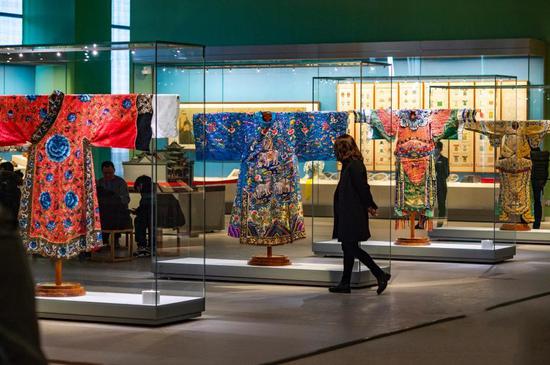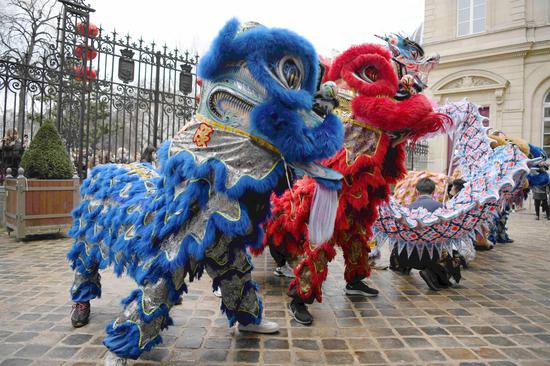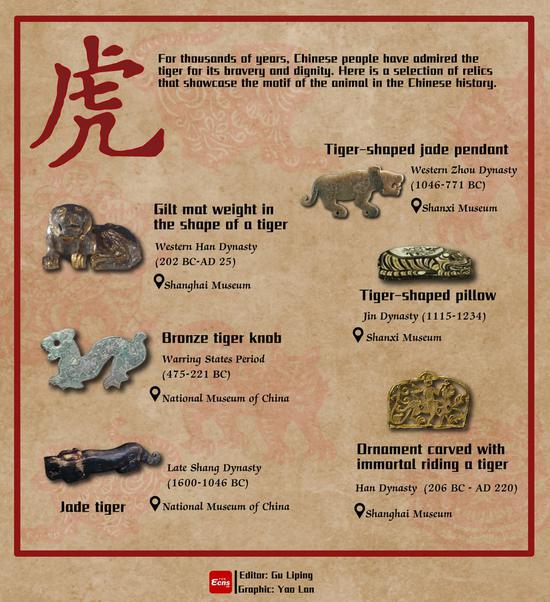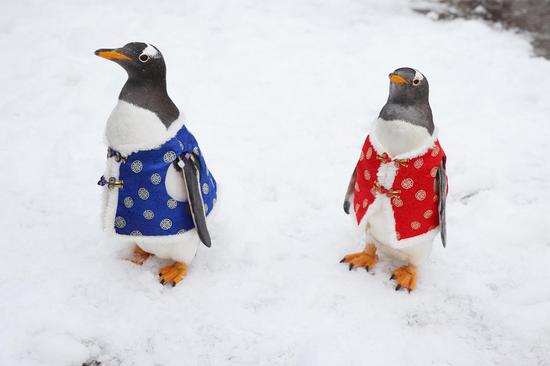White-tailed deer in New York have contracted the Omicron coronavirus variant, the first confirmation of it in wild animals, according to a research team.
The deer on Staten Island — an island borough in the southwestern part of New York City — are believed to have caught the highly transmissible variant from humans, according to researchers at Penn State University; White Buffalo, a conservation nonprofit; and the New York City Department of Parks and Recreation.
It has sparked concern that the distinctive, pretty, white-tailed deer that populate many states in the U.S. could soon become a host for new variants of coronavirus if the virus continues to mutate, researchers said. But the research hasn't yet been published in a scientific journal.
Suresh Kuchipudi, a veterinary microbiologist at Penn State who led the research team, told The New York Times: "You can imagine this could be a never-ending, perpetual cycle of deer constantly circulating the virus among themselves and picking up the new variants."
The study was conducted between Dec 12, 2021, and Jan 31.
Researchers took blood samples from at least 131 deer. At least 68 were given PCR tests. Seven of the 68 deer had coronavirus; at least four had Omicron. Nineteen of 131 deer had antibodies to the virus, which points to them having had coronavirus before, researchers said. One deer with Omicron also had antibodies.
The Non-profit White Buffalo in collaboration with the city found the results while doing population control of deer in the city.
While most of the deer probably caught Omicron from humans and spread it among each other, there is no evidence yet that the deer can transmit the virus back to humans, the researcher said.
However, hunters that butcher deer in New Jersey and Massachusetts have been urged to increase their hygiene awareness by avoiding the deer's digestive tract and heads.
In other research conducted in November 2020, white-tailed deer in Iowa and Ohio deer were confirmed as having earlier versions of the coronavirus.
Figures from the U.S. Agriculture Department (USDA) show that deer in 13 states have caught the coronavirus. The states are Arkansas, Illinois, Kansas, Maine, Massachusetts, Minnesota, New Jersey, New York, North Carolina, Oklahoma, Pennsylvania, Tennessee and Virginia.
Last year, the USDA's Animal and Plant Health Inspection Service conducted research to search for antibodies in serum samples collected from January 2020 to 2021 in free-ranging white-tailed deer.
Their findings showed that deer populations in Illinois, Michigan, New York and Pennsylvania had been exposed to the coronavirus. Of 481 samples collected from 32 counties in four states, antibodies were detected in 33 percent of the samples.
"The finding that wild white-tailed deer have been exposed to SARS-CoV-2 is not unexpected," the USDA said in July 2021, "given that white-tailed deer are susceptible to the virus, are abundant in the United States (and) often come into close contact with people."
Aside from wild animals, the coronavirus has been confirmed in domestic cats, dogs and hamsters.
In January, authorities in Hong Kong killed 2,000 hamsters after one at a pet shop was found to have COVID-19. The authorities feared that the hamsters were fueling a spike in local coronavirus cases in humans.
In 2020, a dog called Buddy from Staten Island was named as the first pet in the country to test positive for the virus. The dog died in July that year, but it wasn't clear if his death was caused only by COVID-19, as he also had lymphoma.
Michael San Filippo, senior media relations specialist for the American Veterinary Medical Association, said at the time that pet owners shouldn't worry.
San Filippo told China Daily: "Infectious disease experts, as well as the Centers for Disease Control and Prevention and World Organization for Animal Health, indicate there is currently no evidence to suggest that pets incidentally infected by humans play a significant role in the spread of COVID-19."


















































 京公网安备 11010202009201号
京公网安备 11010202009201号